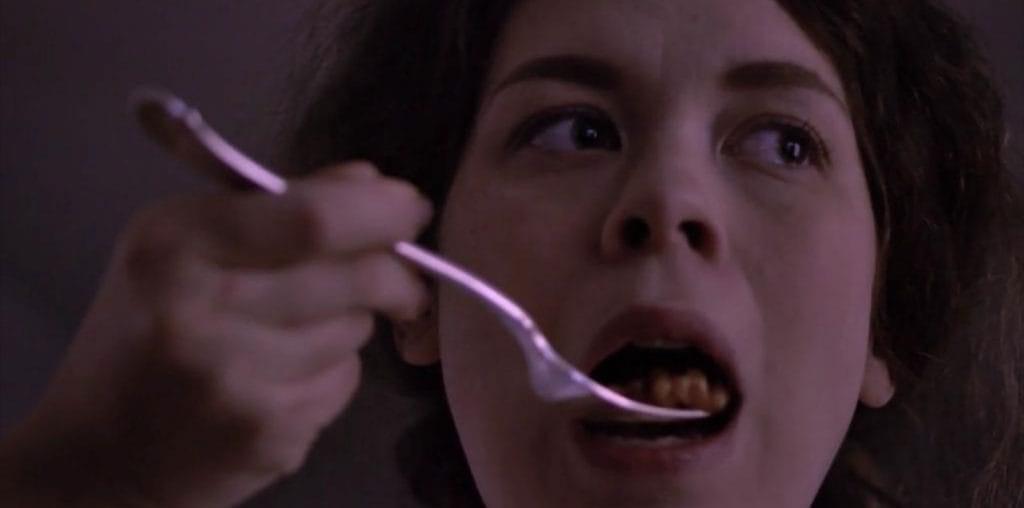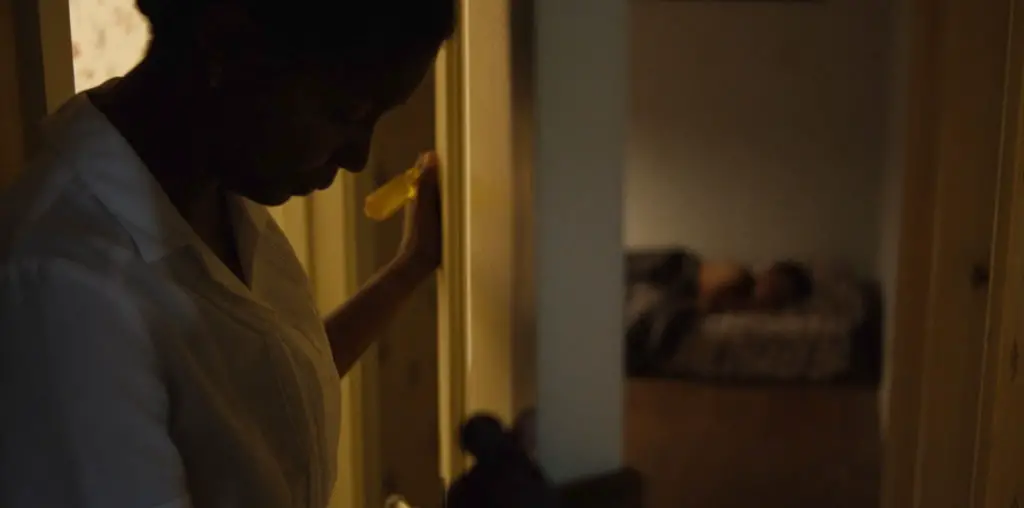
In the aftermath of the Dylan Klebold and Eric Harris Columbine disaster, a clueless news reporter desperately trying to understand the un-understandable came forward with the shocking opinion that “apparently there were cliques in this school.” Cliques in high school? You think?
“The Breakfast Club” was teen-auteur John Hughes’ attempt to take a step back and evaluate the large horde of teens our schools turn out and how they desperately search for identity. It is essentially a teenage version of “The Big Chill” with a then-hip but now-dated ’80s soundtrack.
On an otherwise normal Saturday morning , a jock (Emilio Estevez), a brain (Anthony Michæl Hall), a princess (Molly Ringwald), and a space cadet (Ally Sheedy) find themselves stuck in detention with perpetual attendee and stoner delinquent John Bender (Judd Nelson in his finest and most nose flaring role). Anyone who has spent a day or so in detention, and I have, can vouch for the fact that it is more than a little like prison for adolescents, minus the gay sex and the trading of cigarettes. “What are you in for?” “She gave you a detention for that?” “Yeah, I had that bitch last year!” For me, detention meant that the amusing high-jinx that you brought to your very boring college prep classes could bring you face to face with the more dangerous sorts that hung out in remedial English or the auto shop. If you had done something really entertaining, the powers that be might give you a break, but chances are you spent the entire time under their hateful glare as everything in life that they weren’t going to have and didn’t want to be. Some would call this movie self-important and self-absorbed. None of those people remember what it was like to be a teenager.
Paul Gleason is scary and wonderful as the student-hating teacher caught stuck babysitting the ne’er-do-wells. In a scene that is terrifying, menacing, and authentic, Bender staunchly refuses to give up ground, and he doesn’t care how much detention time Gleason throws his way. He can’t back down, because his self respect in the matter is literally all he has going for him. At my school there would have been 12 John Benders and they would have spent the entire day looking for some way to make anyone who wasn’t one of them completely miserable. Bender is a little more eloquent than most, but he eventually forces each of the stereotypes to question their roles and re-examine who they are. This could have been an unmitigated disaster, but Hughes’ way with the material ensured it a special place in the heart of just about everyone who happened to be in high school while Ronald Reagan was President.
Once the kids have fought, smoked, blamed their parents and bonded, the key question is raised: Are we friends now or do we go back to our usual parts, our usual friends, and our usual ways? What are you going to do when you’re hanging with your homies and I walk by? Probably the whole thing explodes in a day and a half, but the process is instructive and revealing. Anthony Michæl Hall nicely plays a milder more innocent nerd than he did in “Sixteen Candles” and “Weird Science,” but what planet did the Pixie Stick and Captain Crunch eating Sheedy character come from?
Again, beware of a soundtrack and corresponding dance sequences as dated as Ronald Reagan is today.

